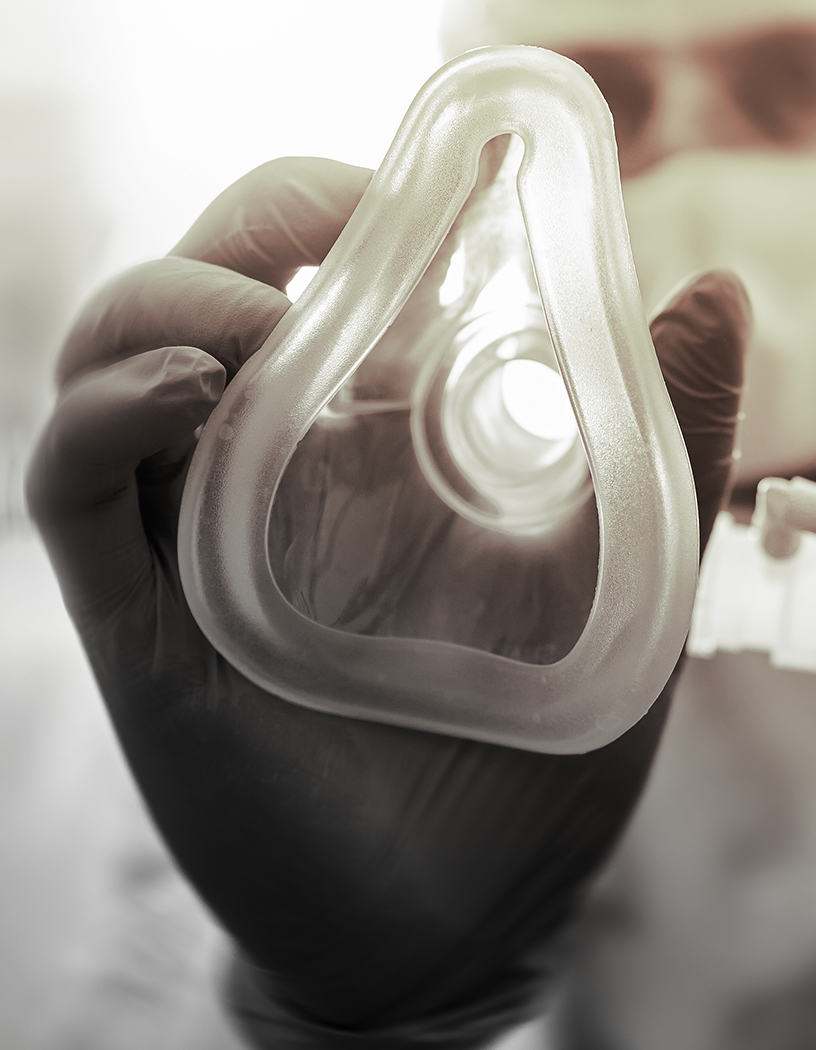South Jersey Fetal Heart Rate Monitoring Lawyers

Fetal Hypoxia Attorneys in Haddonfield, NJ Representing Mothers and Their Newborns in Camden County, Atlantic County, Burlington County, and Throughout NJ and Southeastern PA
Welcome to Andres, Berger & Tran, distinguished South Jersey fetal heart rate monitoring lawyers. Our firm boasts extensive experience in handling complex medical malpractice cases, particularly those involving fetal heart rate monitoring and fetal hypoxia. We understand the critical nature of these cases and the profound impact they have on families. Our team is dedicated to providing expert legal representation, combining in-depth medical knowledge with seasoned litigation skills to advocate for those affected by fetal monitoring errors and resulting complications.
Insights into Fetal Heart Rate Monitoring: A Crucial Aspect of Childbirth Safety
Fetal heart rate monitoring represents a critical component of childbirth safety. This process involves a specialized machine that continuously records the baby’s heart rate pattern during labor and delivery, providing essential insights into the baby’s well-being.
Why Fetal Heart Rate Monitoring Matters
The primary purpose of fetal heart rate monitoring is the early detection and prevention of fetal hypoxia, a condition where the baby doesn’t receive enough oxygen. Recognizing and responding to signs of fetal distress is a standard hospital procedure and a key to preventing potential brain injury from oxygen deprivation.
The Importance of Timely Response in Fetal Monitoring
Fetal heart monitoring is the only way the hospital can know how the baby is doing during labor and delivery. A fetal heart monitor is a machine that detects and continuously records a baby’s heart rate pattern. A baby’s heart rate pattern shows the hospital when he is getting enough oxygen. Hospitals are required to recognize and respond when the fetal heart rate pattern shows the baby is in danger of not getting enough oxygen. When the baby is in danger of not getting enough oxygen for too long, the hospital must deliver in time to prevent brain injury from lack of oxygen. If a hospital delays delivery, the baby can suffer a permanent brain injury from not getting enough oxygen. This is called fetal hypoxia.
The goal of fetal heart rate (FHR) monitoring is to detect fetal hypoxia at its earliest stage and to attempt to prevent asphyxia resulting from prolonged and severe hypoxia (loss of oxygenation to the fetus). Hospitals categorize fetal heart rate patterns so they can understand when a baby is in danger into three categories:
- Category I: Indicates a healthy baby receiving sufficient oxygen via fetal monitoring strips.
- Category II: Indicates that hospitals need to pay attention and be prepared to respond without delay to prevent harm to the baby. If Category II goes on for too long and worsens despite attempts to improve oxygen, harm could occur to the baby.
- Category III: Indicates that damage is occurring, and the baby should be delivered promptly. Otherwise, the baby may suffer permanent brain damage.
ACOG Guidelines and Recommendations
ACOG (American College of Obstetricians and Gynecologists) is the national medical organization that makes recommendations on all aspects of obstetric care. ACOG warns that when there is a Category II fetal heart rate pattern and attempts to improve oxygen don’t work, there is concern that the baby may not be getting enough oxygen and to deliver the baby by C-section.
ACOG’s Practice Bulletin 116 on “Management of Intrapartum Fetal Heart Rate Tracings” emphasizes the urgency of delivering the baby in situations where fetal heart rate patterns indicate potential fetal acidemia or a continued lack of oxygen. It states that “if despite intrauterine resuscitation measures late decelerations continue in the setting of minimal FHR variability and absent accelerations, the presence of fetal acidemia should be considered and the potential need to expedited delivery should be evaluated. If FHT variability becomes absent, then the FHR is … Category III and should be managed accordingly” with “prompt delivery”. Furthermore, in the same document ACOG states that even in the absence of decelerations “continued minimal variability (in the absence of normal accelerations or normal scalp pH) that cannot be explained or resolved with resuscitation should be considered as potentially indicative of fetal acidemia and should be managed accordingly”. Lastly, ACOG states, that “when a decision for operative delivery in the setting of Category III EFM tracing is made, it should be accomplished as expeditiously as feasible”.
Pitocin (Oxytocin) in Labor: What You Need to Know
Pitocin, a synthetic form of the hormone oxytocin, is commonly used during labor to induce or strengthen contractions. While it can be beneficial in progressing labor, understanding its effects, especially in relation to fetal heart rate monitoring, is crucial.
Protecting Your Baby’s Future With Our Trusted South Jersey Fetal Heart Rate Monitoring Lawyers
At Andres, Berger & Tran, we understand the criticality of proper fetal heart rate monitoring. Our dedicated team is here to ensure that hospitals adhere to the highest standards of care. If your baby has suffered due to inadequate fetal monitoring, you have the right to seek justice. Our experienced attorneys specialize in navigating the complexities of medical malpractice and are committed to advocating for your family’s wellbeing.
Get the Legal Support You Deserve: Contact Our Fetal Hypoxia Attorneys in Haddonfield, NJ for a Free Consultation Today
If you suspect your child’s injury is a result of negligent fetal heart rate monitoring, contact us today for a free consultation. Let us help you secure the compensation you deserve to support your child’s future needs. Call 856-317-6558 or submit a free online contact form to learn more about how we can assist you in this challenging time.
Frequently Asked Questions About Fetal Heart Rate Monitoring Legal Cases
Proper fetal heart rate monitoring is crucial for detecting distress, ensuring timely interventions to prevent complications like fetal hypoxia.
Featured Results








